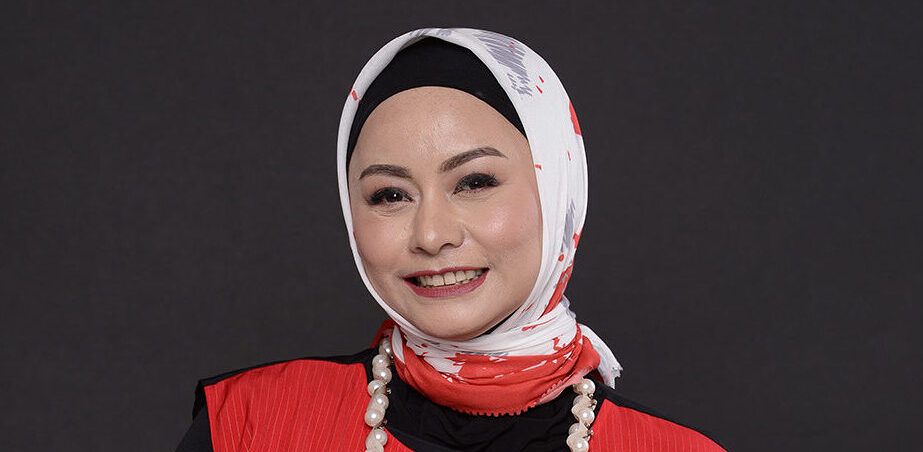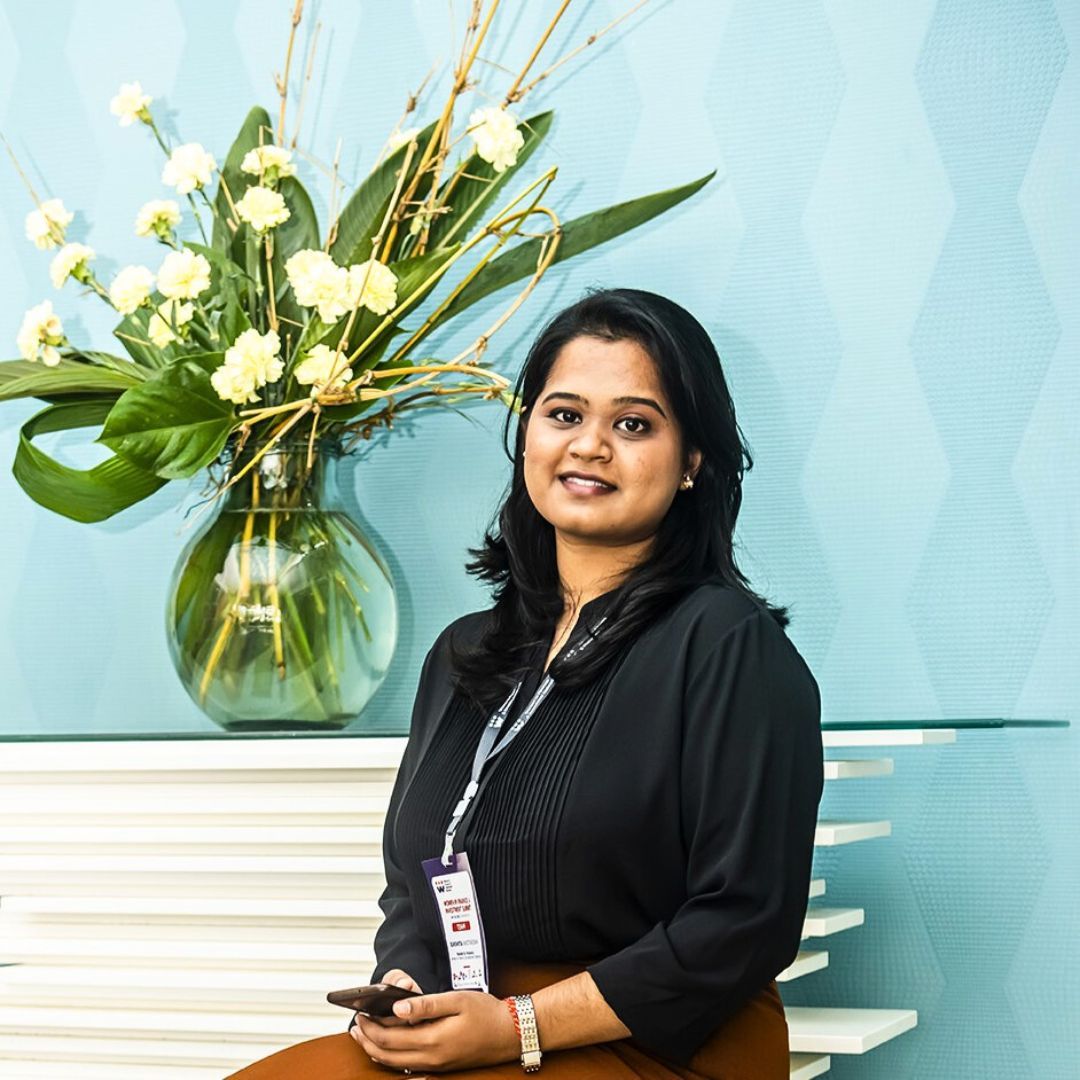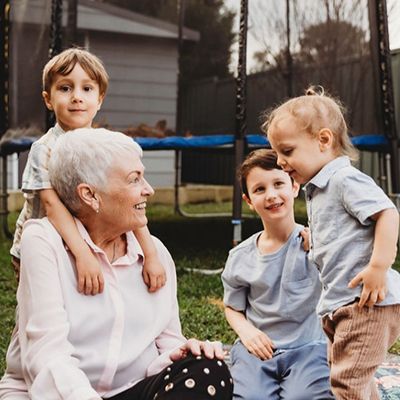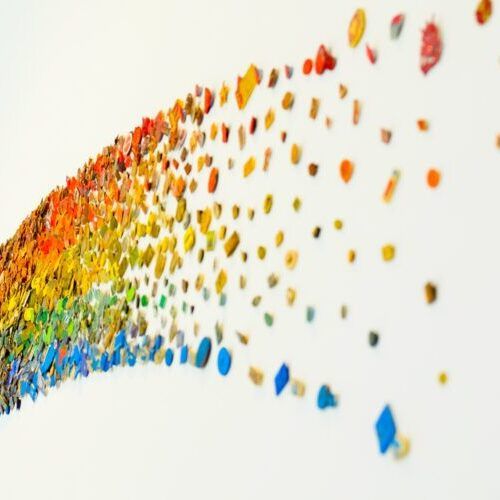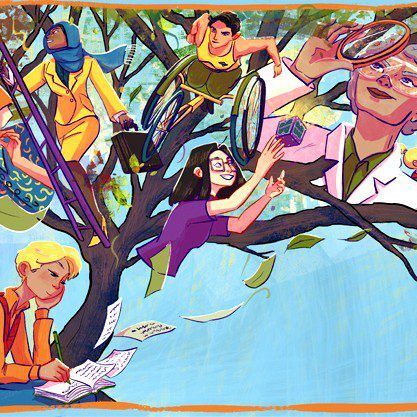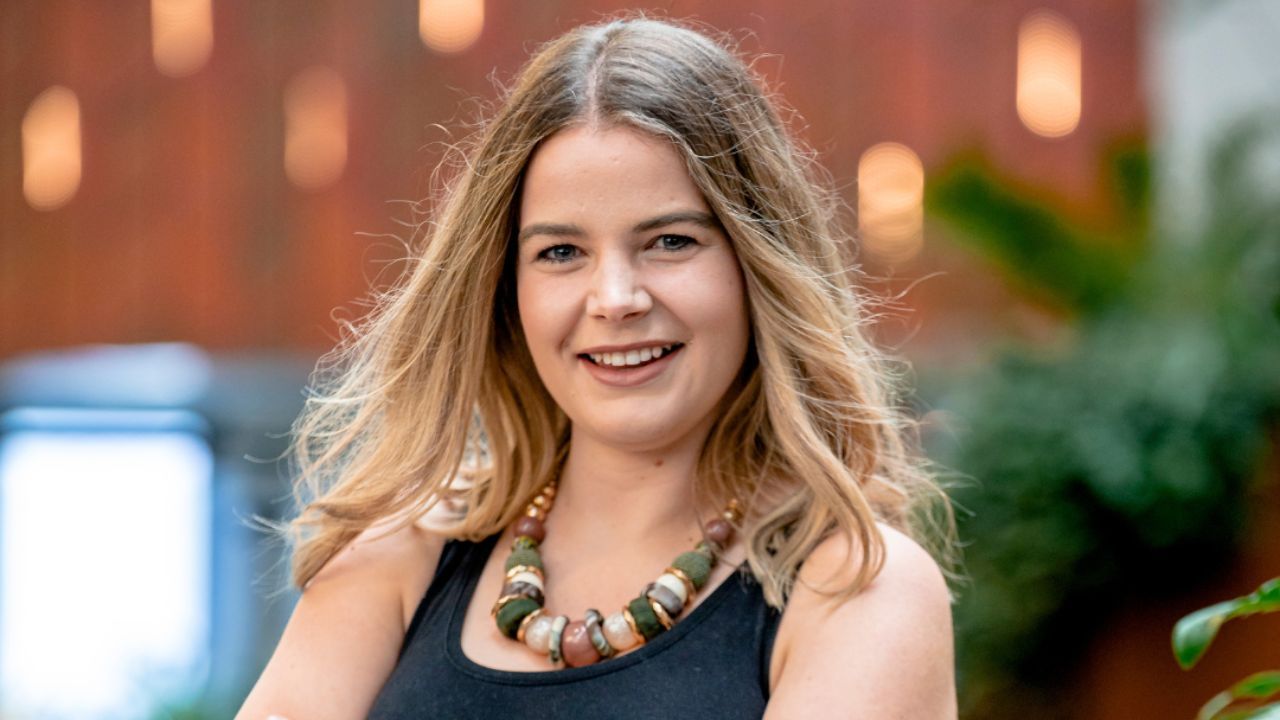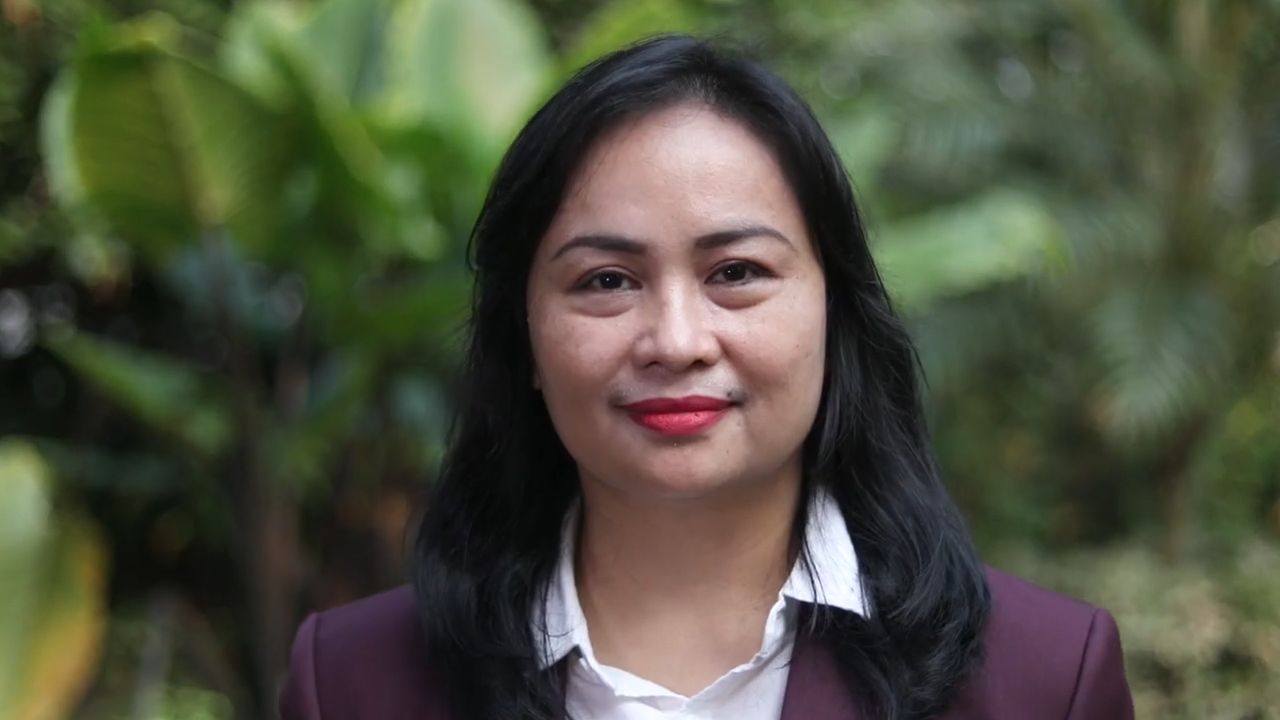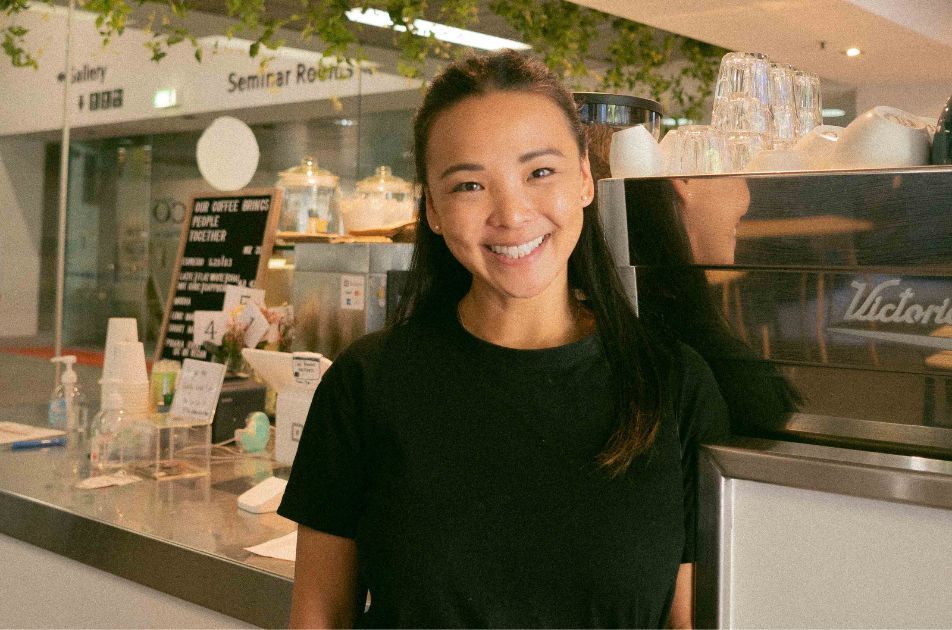March is an important month in my calendar. It is Women’s History Month, and International Women’s Day (IWD) is one of the most significant days. IWD originates from a history of protest for fair work conditions and equal rights, which started in New York in 1857. These protests joined the universal suffrage movement, and in 1910, the idea of an annual Women’s Day was proposed. In Australia, IWD has been observed since 1928. I wholeheartedly support the day as Curtin’s Director, Gender Equity and Inclusion, because it is connected to grassroots social movements for emancipation, change and agency. Importantly, it’s about rights, the struggle to realise them and a demand for, at the very least, equality.
I have always been concerned with and compelled by social justice issues. I was born in Boorloo (Perth) and grew up on the beautiful Country of the Whadjuk Noongar people. With frequent trips to, and a period of time living in the UK, I have long questioned where I belong and been aware of the nature of power in colonial relationships, especially around culture.
When I was sixteen, I was selected as a school representative at the Constitutional Convention for the referendum for a Republic. In Canberra, we viewed The Bringing them Home Report, and our host, the then Governor General, Sir William Deane, reminded us that landmark decisions such as Mabo were vulnerable when the dominant people in the community were not ready for change – which proved to be the case in 1999. Nevertheless, I had been given a chance to participate, arguing for change in an important moment in time when voice mattered, agency mattered, and so did community. Being heard and listened to was an opportunity I wanted for all people, and still is.
When it came time to go to university, this experience led me to study law and history. I stayed with history as I wanted to understand how we came to be who we are today and how social movements create communities and change. I was drawn to gender methodologies as I knew that I needed to study how power operates to understand mechanisms for change. Gender research doesn’t always have the visibility of other types of research, which was one of the reasons I helped establish the Curtin University Gender Research Network (GRN), where I am now an Academic Lead alongside Dr Peta Dzidic, who is an expert in community psychology.
The GRN is a space we have created at Curtin to share best practices around gender research and methods, raise awareness and influence change in gender equity policy and practice at Curtin and promote gender research within the University and externally. The network brings together just over 200 researchers across the five Curtin campuses (Perth, Mauritius, Singapore, Miri and Dubai) who work on gender-related projects, which may include research on intersectionality, gender in history, broad gender diversity, genders beyond the binary, queering educational practices, and career breaks. We host a seminar series, have a monthly newsletter, host a reading group, take on commissioned research, and give expert advice.
In all the work we do in the GRN, we call on our members to be researchers and activists, inviting them to join us to be active bystanders against discrimination in all its forms, especially with respect to gender and race, and to work with us to promote respect and social justice and develop strategies of inclusion and sustainable practice. In doing so, we recognise the deep historic local and global inequalities and cultural prejudices that shape and inhibit full participation in society. The GRN provides a space for people to share and promote research that seeks to uncover and challenge social and institutional norms that stand in the way of gender equality.
Another important piece of work at Curtin is the formation of the Gender Equity and Inclusion Advisory Group, which I will chair as Director, Gender Equity and Inclusion. This group will further our work in gender equity and inclusion ethically and ensure our commitment to gender equity and inclusion is holistic, open to change and meaningful across the global campuses. Through our work, we will seek to ensure Curtin is recognised as a leader in gender equity and inclusion to ensure the University is sustainable and that we provide culturally responsive and safe environments to learn and collaborate. I am committed to ensuring issues of gender equity and inclusion are embedded in the work we do at the University.
This year the United Nations theme for IWD is Cracking the Code: Innovation for a Gender Equal Future. The theme asks us to create new codes – social, economic and cultural – to bring about change for a gender equal future. This theme will resonate with Australians as this year sees us participating in a referendum that asks the question: “Do you support an alteration to the Constitution that establishes an Aboriginal and Torres Strait Islander Voice?”. This alteration indicates a willingness for institutional and structural change in our governance. It is not unlike the movements for suffrage and emancipation we have seen and studied before, but it is also about agency and voice. It will mark a moment of formal reckoning with the racist and exclusionary policies and practices that we have all lived with and witnessed. Participating in these movements for change and drawing from the past propels me in my work as Director, Gender Equity and Inclusion at Curtin.
